Eat the Night
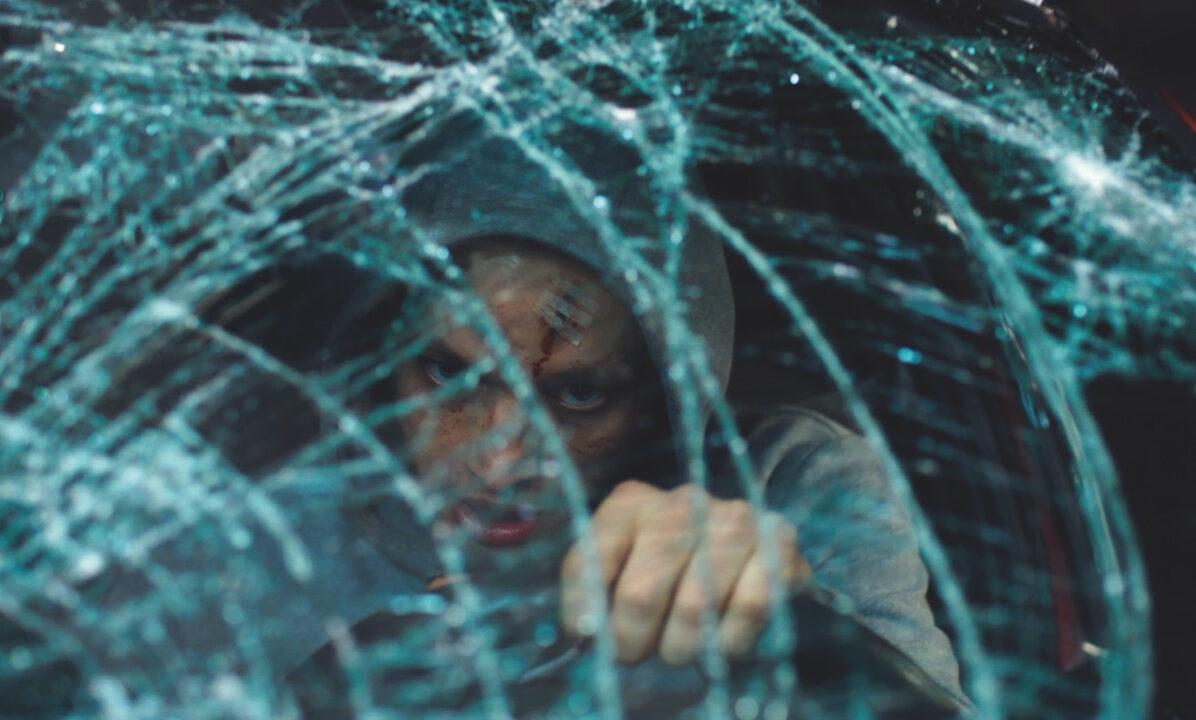
Eat the Night is the second feature film of out-of-the-box directorial duo Caroline Poggi and Jonathan Vine, following Jessica Forever (2018). Grounded in the narrative opportunity of video games, Eat the Night joins other stories – namely Black Mirror’s “Striking Vipers”, which explores the bounds of sexuality, and the meta-narrative of the novel Tomorrow, Tomorrow and Tomorrow – to use gaming as a device for characters to bridge the gap between reality and fantastical possibility.
The foundational relationship is between brother Pablo (Théo Cholbi) and teenage sister Appolline (Lila Guneau), who live as a scrappy but happy unit supported by Pablo’s small-scale drug dealing; their bond anchored by a shared love of the epic video game, Darknoon. Impending doom is immediately established as Appolline discovers Darknoon will soon shut down forever and Pablo meets a man, Night (Erwan Kepoa Falé), whom he recruits and falls all consumingly in love with. A feud with a rival gang is incited alongside, and the story, in theory, becomes punctuated with gang-land drama.
This “thriller” thread dramatically suffers from predictability, with high-octane car chases, eye-for-an-eye dealer types, and an elder head honcho who is inexplicably on a ventilator. Though perhaps intentionally doused in cliché to create a sense of familiar unreality, other action sequences, like Grand Theft Auto-style moving point-of-view shots of Pablo racing through the streets on his motorbike feel more effective at immersing the audience in a liminal space.
Otherwise, domesticity is well observed; shots of Pablo and Appolline at home – lit only with natural light or bedroom lamps – create deep intimacy, raising the emotional stakes. Despite being central to the plot, Night remains outside of this emotional arc; more of a narrative device than a character, lacking meaningful development.
Almost all emotional payoff is realised by the devastatingly solitary figure of Apolline, a terrific first performance by Lila Guneau. As Apolline loses her emotional refuge in Pablo and existential refuge in Darknoon, she is left behind, and Guneau’s performance expertly grounds this in the inertness of being a teenager in a grey port town.
The point is particularly well made given the huge visual contrast between the drabness of the setting and the sublime expanse of Darknoon, a testament to the world-building of game creators Saradibiza and Lucien Krampf.
Ultimately, reality-bending thriller Eat the Night is as ambitious in technical construct as it is in narrative, leaving some disparate parts of the story not yet untangled.
Georgina Elliott
Read more reviews from our London Film Festival coverage here.
For further information about the event visit the London Film Festival website here.
Watch the trailer for Eat the Night here:

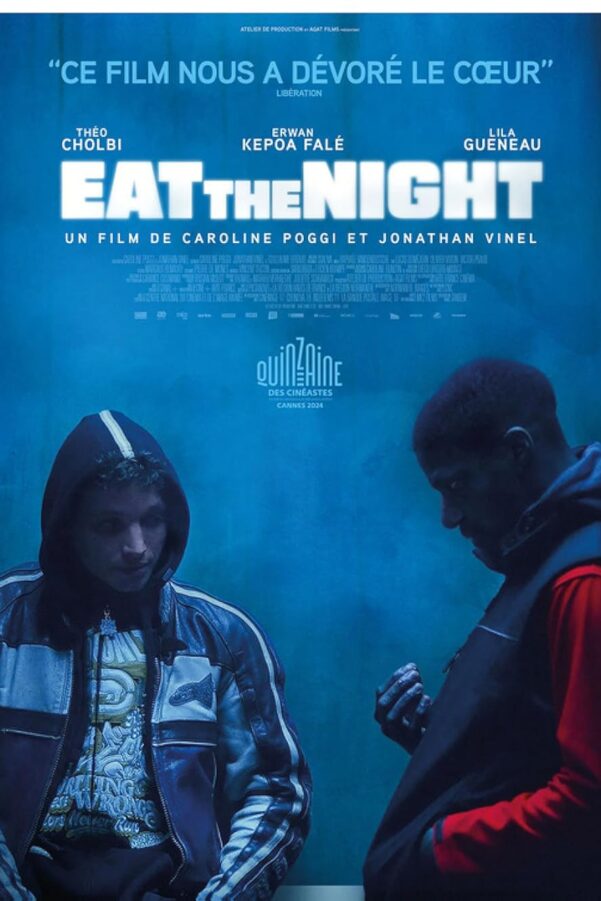
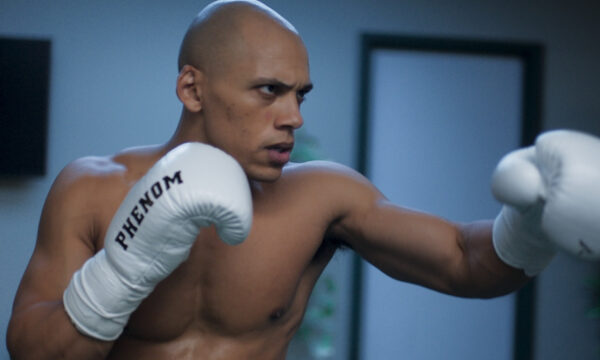
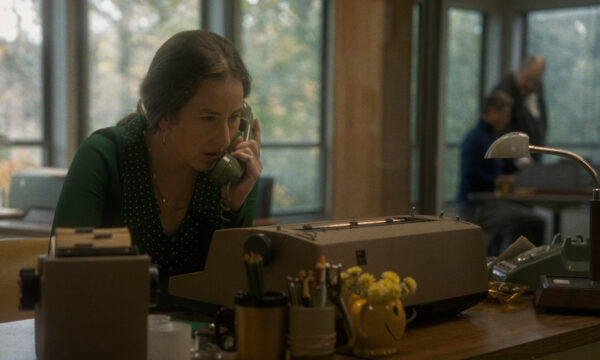

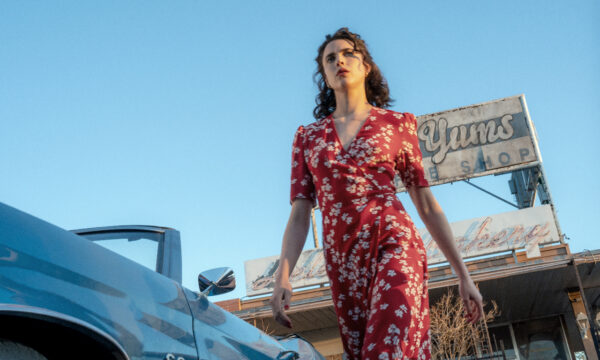
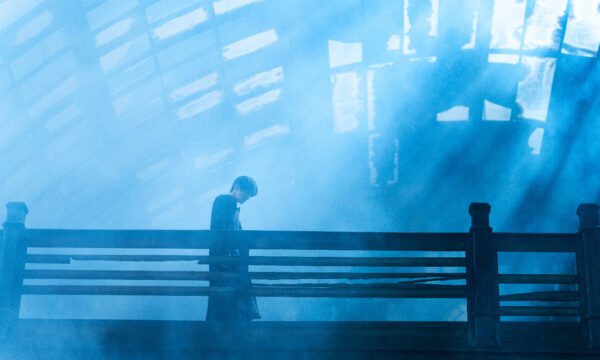
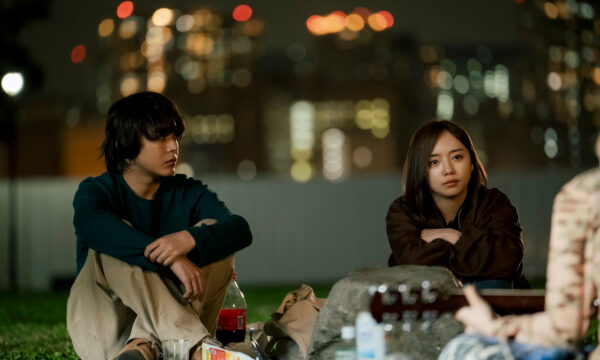
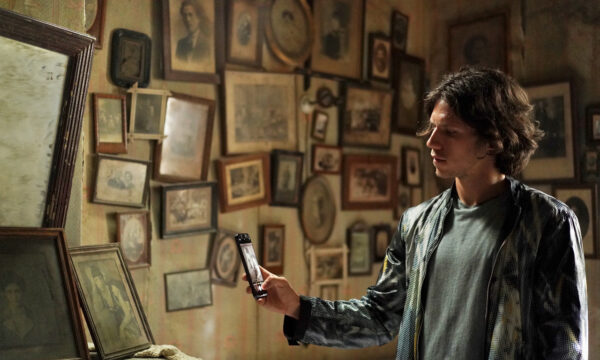
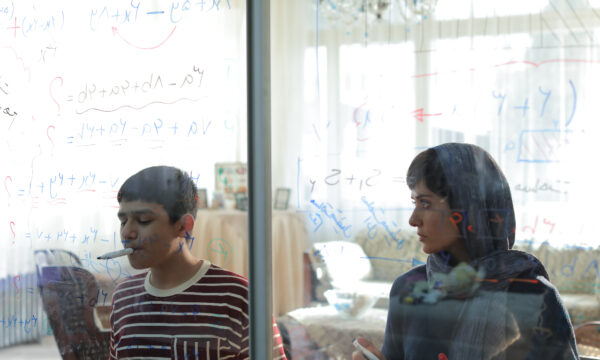
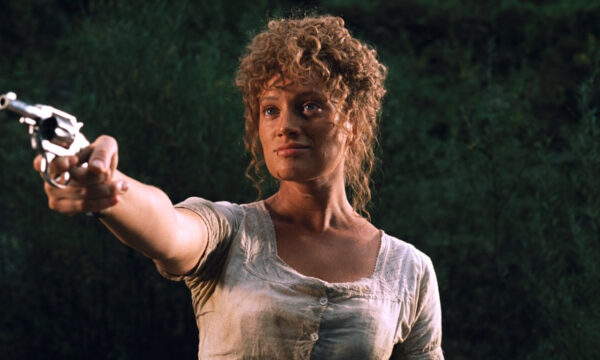


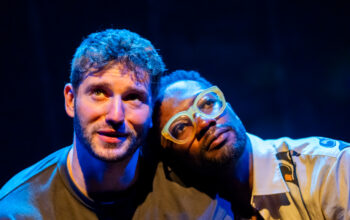
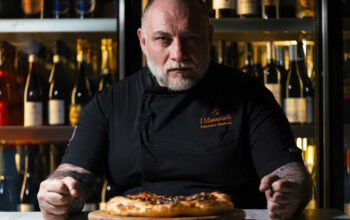





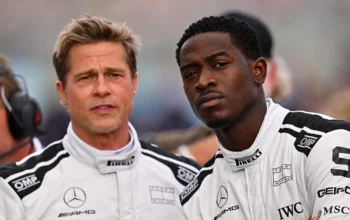




Facebook
Twitter
Instagram
YouTube
RSS